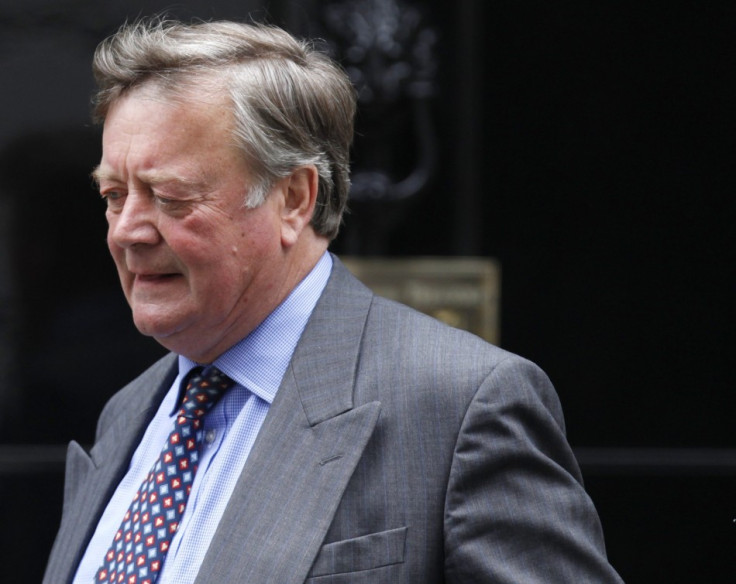Ken Clarke: Immigration Makes UK "Far More Exciting"

Kenneth Clarke has attacked David Cameron's claims that European Union rules have led to "vast migrations".
The former chancellor and Conservative MP for Rushcliffe stated that foreigners have made Britain a "far more exciting and healthier" society.
He also criticised the debate over whether migrants should be prevented from entering the UK as "rightwing, nationalist escapism".
He told the Financial Times: "I just don't think it's true that the European Union is responsible for unacceptable waves of migration"
"The idea that you can have some fundamental debate that somehow stops all these foreigners coming here is rather typical rightwing, nationalist escapism, I think."
He added that immigrants have made a "positive contribution to our economy" - and that free movement within the EU was necessary to run a market economy.
Clarke also maintained the coalition government should not go any further than extinguishing the abuse of the benefits system.
His remarks have come under contention with foreign secretary William Hague, who told BBC Radio 4's Today programme that there has been "large-scale migration".
Hague rebuked Clarke, saying: "People will have many different views about that. There has been large-scale migration. Transitional controls were lifted at an early stage, were not imposed on many of the eastern European countries when they joined the EU.
"Many of us would think that had been a mistake, we should have had those transitional controls."
Hague did agree with Clarke on the issue of benefits: "We have accepted a great deal of migration in the EU. People should be able to move in the EU for work; they should not be moving in the EU in order to take advantage of benefit systems," he said.
Hague opposed calls for the British government to abandon EU rules, stating a free trade area would not work if parliaments were able to "regularly and unilaterally to say we are not applying this or that just by our own decision".
He added: "So we have to be careful what we support. But the direction of greater power for national parliaments and reducing, relatively speaking, the powers of the EU vis-a-vis national parliaments is something I very strongly support."
© Copyright IBTimes 2025. All rights reserved.






















